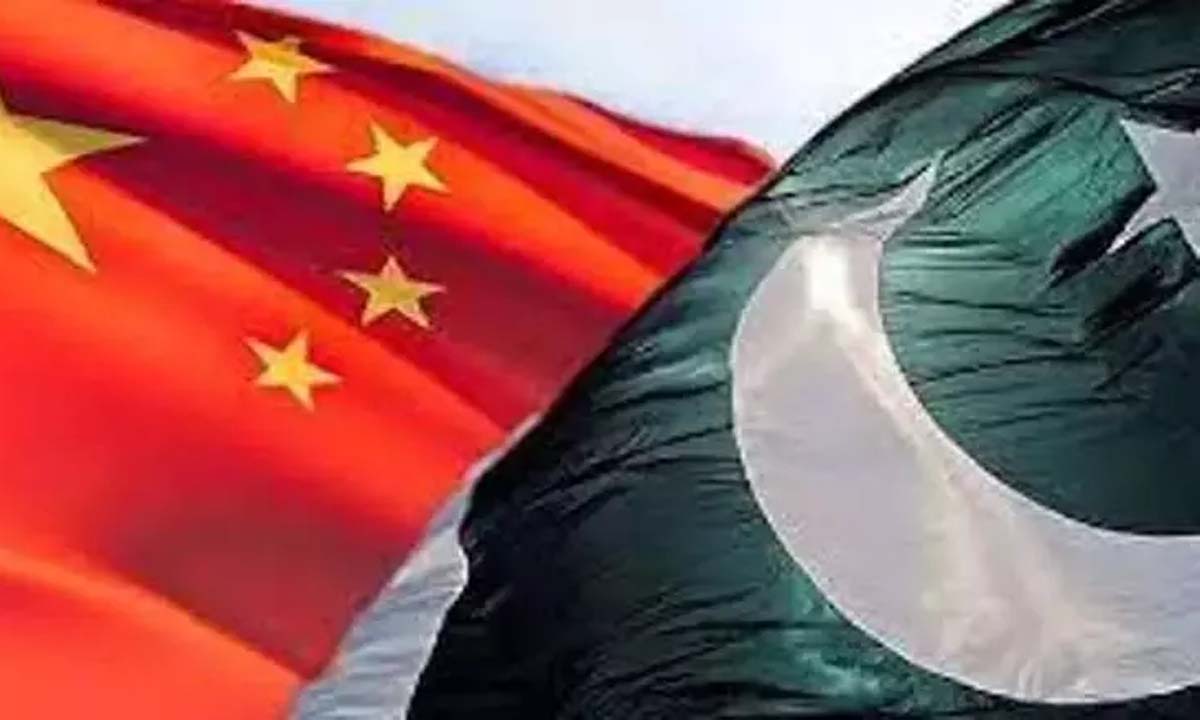
ISLAMABAD: Facing financial challenges, Pakistan has formally requested a fresh loan of US$600 million from two Chinese banks, which has tied up with the International Monetary Fund (IMF) to release the second tranche of US$3 billion. This signals an important step in the ongoing negotiations. Bailout package, The News International reported.
According to a local newspaper report, the Pakistani government is actively engaged in discussions with the Industrial and Commercial Bank of China (ICBC) and the Bank of China seeking a joint loan of US$600 million. Each bank has been approached to provide financing of US$300 million. According to the report, negotiations have advanced well and it is expected that the loan will be secured by next month.
In recent years, China, Pakistan’s staunch ally, has emerged as an important source to meet Pakistan’s immediate financing needs. China has provided various forms of financial assistance in efforts to strengthen Pakistan’s economy, including loans from SAFE deposits, concessional loans, and commercial loans.
In June this year, China played a key role in preventing further decline in Pakistan’s critically low foreign exchange reserves by adjusting repayments worth US$1.3 billion, The News International reported.
Despite a budget of US$4.5 billion of external commercial debt, Pakistan has faced challenges in securing financing due to poor credit ratings, increased risks to debt sustainability, and fragile macroeconomic conditions.
According to AidData, China has been a significant contributor, providing US$21.2 billion in loans for general budget support since 2000, accounting for 30 percent of the total loans extended to Pakistan.
These have been helpful in preventing loan defaults and increasing Pakistan’s foreign exchange reserves. While acknowledging its US$6.5 billion borrowing plan, the Pakistani government has stressed its dependence on macroeconomic conditions.
The successful conclusion of the ongoing talks is expected to have a positive impact on Pakistan’s low credit rating, which is currently rated as extremely risky by three international credit rating agencies. The downgrade has increased borrowing costs and created barriers to securing new foreign commercial loans.
A stable global interest rate environment and improvement in Pakistan’s credit rating are considered prerequisites for access to world capital markets. Under the terms of the US$3 billion IMF bailout deal, Pakistan has committed to adopt a market-based exchange rate regime, The News International reported.
















